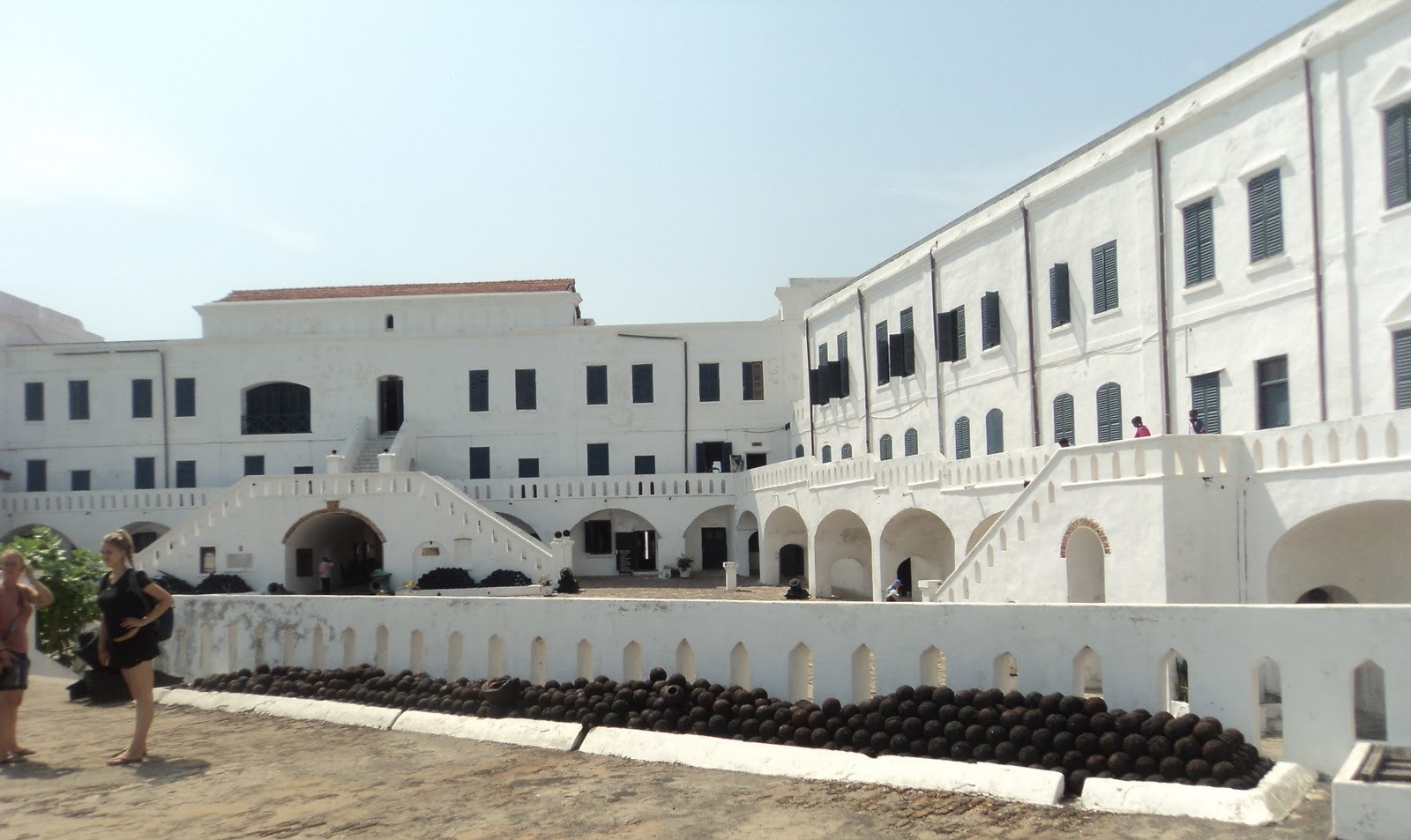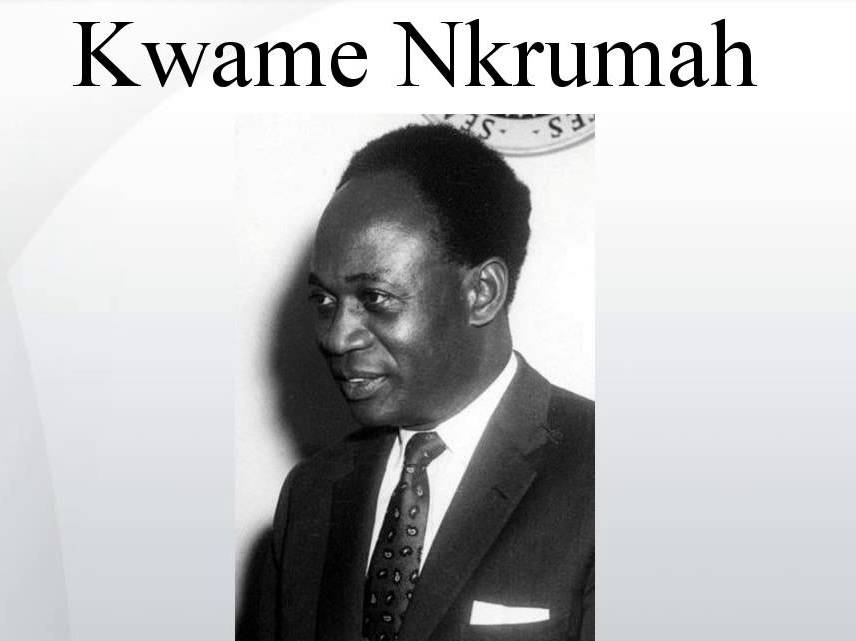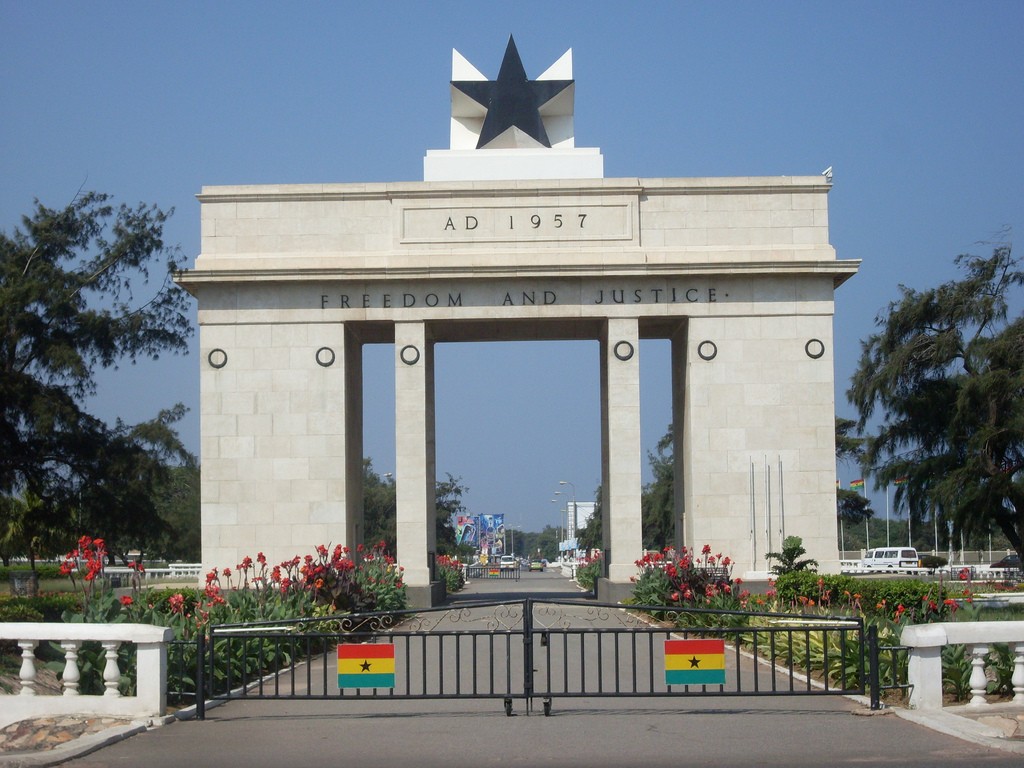5 Unforgettable Events of Ancient Ghana
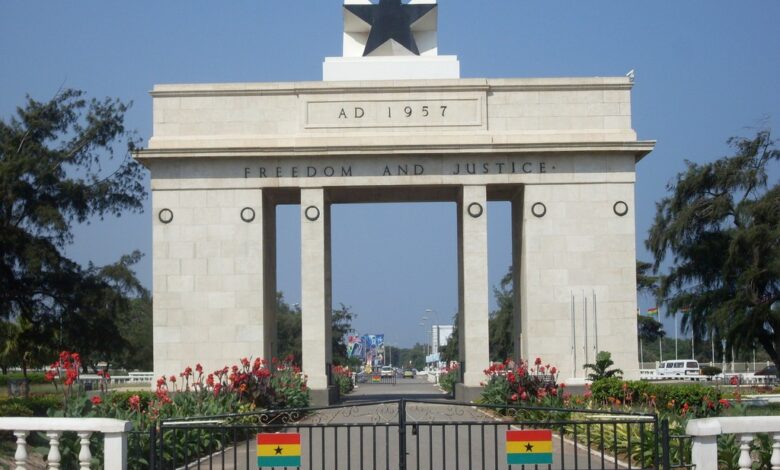
Ancient Ghana has been for many years the center of many events that has contributed to the history of Africa even though the Empire of Ancient Ghana is not geographically, ethnically, or in any other way, related to modern Ghana. Geographically, Ancient Ghana can be found within four hundred miles north west of what is now known today as modern Ghana encompassing what is now modern Northern Senegal and Southern Mauritania. Ancient Ghana got it’s tremendous influence, wealth and power from gold. The following are the 5 unforgettable events of Ancient Ghana.
5 Most Memorable Events of Ancient Ghana
1. Ancient Ghana’s Building of the Portuguese Military Factory of El Mina
This building was constructed in the year 1470, when the Portuguese landed in this remarkable kingdom. This huge building was to be the center for the hosting of the British voyage that were docking in the coast during the slave trading times. During the next 3 centuries, the Dutch, Germans, English, Portuguese and Danes controlled several parts of coastal areas of Ancient Ghana. This huge building since then has been a center of attraction for most of the tourists visiting this remarkable place to explore about the unforgettable events of the ancient Ghana history.
In the end, the British Government began controlling the coastal regions of the Ghana after the chiefs agreed to be the subordinates of the British government. This also led to the wars of the Ashantis which was fought with an aim of defeating the British rule, but all was in vain.
Image by sammarlodge.com
2. The Addition of the German Togoland after World War I in Ancient Ghana
The British Togoland, fourth territorial element was to finally form the nation, as part of the former German colony that was administered by United Kingdom (UK) from Accra as the League of Nations command after the year 1922. In December the year 1946, the British Togoland became the UN Trust Territory, thereby in 1957, following the1956 plebiscite, United Nations decided that territory would be part of Ghana after the Gold Coast had achieved independence. This also marked the road to independence especially after the World War II.
The 4 territorial divisions were conducted separately until the year 1946, when British Government decided to rule as one unit. In year 1951, constitution was promulgated, which called for an enlarged legislature comprised principally of members who were elected by the popular vote either directly or indirectly. This was a remarkable event in the development of the ancient Ghana country.
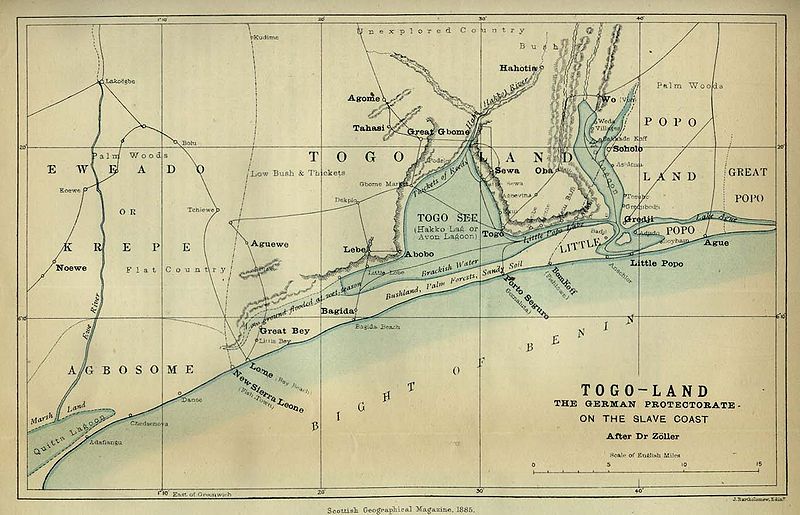
3. Kwame Nkrumah Takes Power
A new constitution was approved on April 29, 1954, followed by the establishment of a cabinet comprising of African ministers appointed from the all-African legislature selected by direct election. When the elections were conducted, Kwame Nkrumah’s Convention People’s Party (CPP) won majority of seats in new Legislative Assembly and he became the Prime Minister. This means that the British government was to allow Ghana rule their own country in the best way possible. This was a remarkable relief for the Ghanaian people especially after many years of oppression from the British colonialists.
4. Reorganizing Ghana’s Territory
In subsequent reorganizations, ancient Ghana was subdivided into 10 regions that currently are divided into about 138 districts. The original Gold Coast-Colony at the moment comprises Western, Eastern, Central, and the Greater Accra Regions. A small portion located at Volta river mouth was to be assigned to Volta Region; Ashanti area was to be divided into Ashanti as well as Brong-Ahafo Regions; Northern Territories subdivided into the Upper West, Northern, and Upper East Regions; and British Togoland essentially remained as the Volta Region.
After the independence, CPP government under the leadership of Nkrumah started developing Ghana to a modern, peaceful, semi-industrialized, and unitary socialist state. The government mostly emphasized on the economic and political organization, endeavouring to enhance stability as well as the productivity via labor, farmers, youth, and cooperatives among other organizations that were integrated with CPP. This made the country to be a peaceful country with remarkable success in terms of the goal achievement and the operations stability.
5. Introduction of the Authoritarian Rule as well as a One-Party State
The CPP’s control was further challenged and criticized, and Prime Minister Nkrumah starting the culture of dictatorship immensely affected the perception of many citizens living in the country. In addition, he wanted to scrutinize all newspapers as well as other publications prior to their publications. He later changed the constitution to a one party state with an aim of dictating all the government operations. This led to the opposition of the government at the top in the way they were running their operations especially in the government duties.
In conclusion, the above 5 Unforgettable Events of Ancient Ghana definitely prove this country to be one of the countries in Africa that has history to offer the world.

